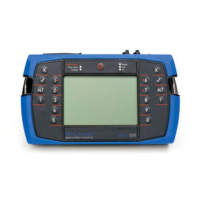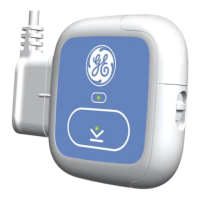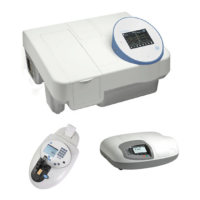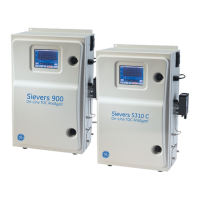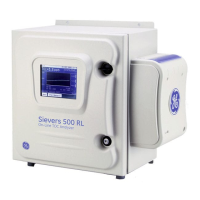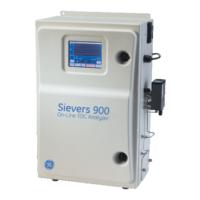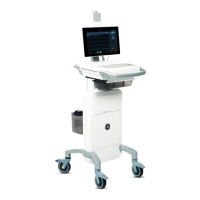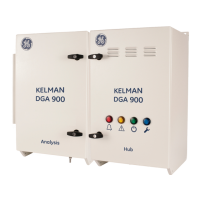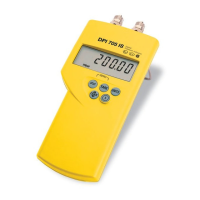Section 3 — Sensors
38
Set up Tachometer
A tachometer collects information about a machine's rotation speed. It
provides you with an exact reading of machine speed as a
measurement is taken. This is more accurate than using a default RPM
because a machine's speed can vary significantly under different loads.
The tachometer also provides information on the angle at which the
rotor is vibrating. The angle is measured from a fixed reference mark on
the rotor called the phase angle. To balance a rotor, you need to
consider the amplitude of vibration and the phase angle. The amplitude
shows the severity of the imbalance. The phase angle indicates the
geometry of the imbalance.
WARNING! The laser tachometer is a class 2 laser product. Do
NOT stare into the laser beam.
To set up your tachometer:
1. Screw the block grip extension of the tachometer into the end of the
mounting base articulated arm.
2. Plug the cable socket into the tachometer connecting pins > Turn
the locking ring to make the connection secure.
3. Locate the TACH input on your instrument > Attach the other end of
the cable to this (the LEMO end).
4. Stop the rotor.
5. Cut out a small strip of the reflective tape supplied (approximately 5
mm x 15 mm (0.2" x 0.5").
6. Stick this piece of reflective tape to a machine part that rotates at
the rotor speed (e.g. the shaft).
NOTE: This trigger spot should provide a pronounced increase in
reflection as it passes under the tachometer light beam. The tape
width must be at least double the diameter of the light beam spot.
7. Mount the tachometer magnetic base to a stationary portion of the
machine, close to the trigger spot.
8. Position the tachometer slightly away from the center line of the
rotating machine part so that reflections from the surface of the
machine part do NOT interfere with it.
9. Start the rotor > Wait until it is running at normal running speed.
10. Open the main menu on your instrument.
11. Press to access the Measure menu.

